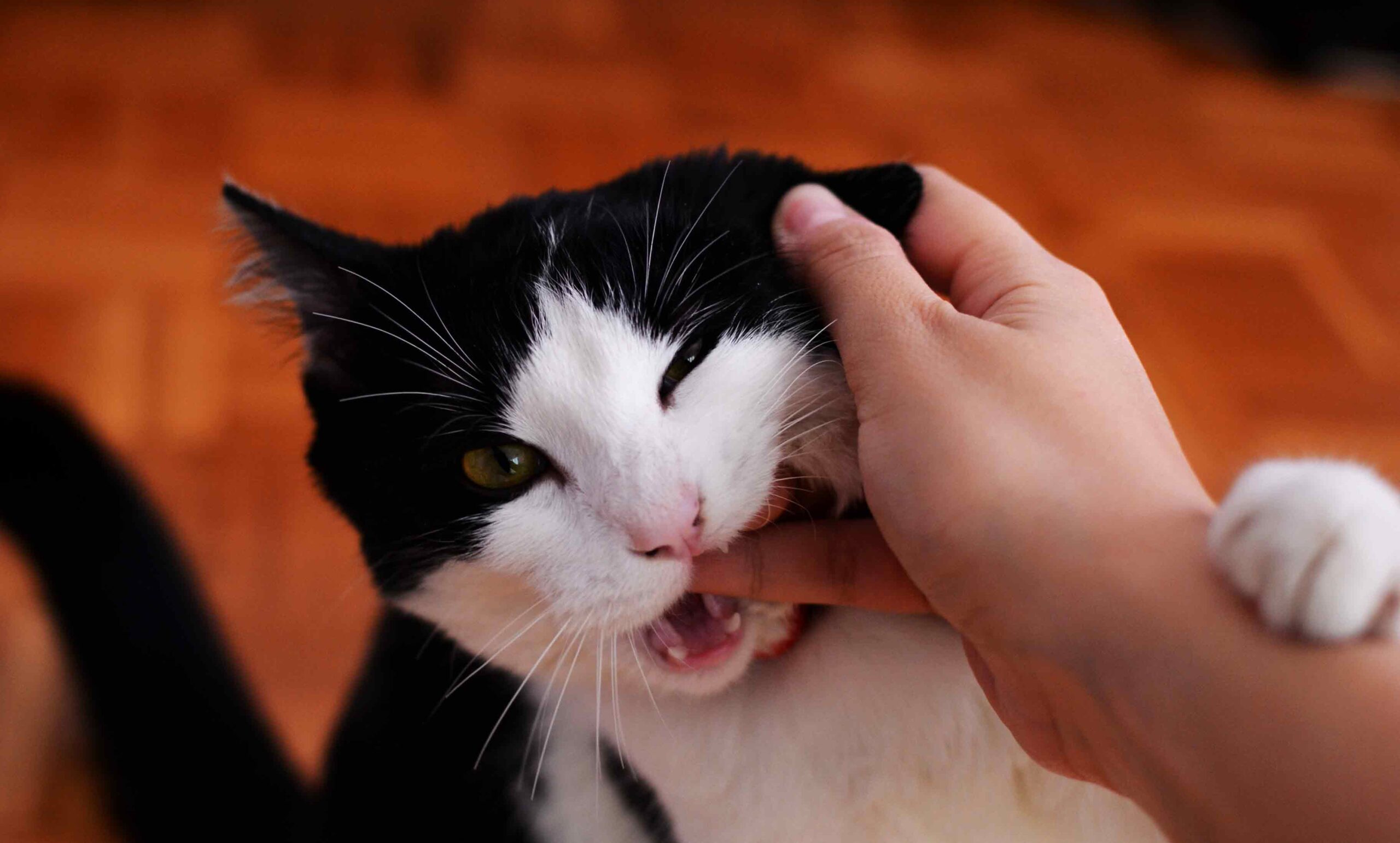
Has your cat started acting weird? Cats are known to act in peculiar ways, sometimes exhibiting behaviors that seem out of the ordinary to people who aren’t as familiar with felines as they are.
One of the most common questions cat owners asks is why my cat acts weird? This guide will help you understand what these behaviors mean, allowing you to decipher when your cat truly needs your attention and when she wants to be left alone.
1) Cats make scratching sounds
Scratching and clawing are two of a cat’s primary forms of communication. If your cat is scratching at furniture, doors, or walls, she could be trying to communicate that she wants more attention. Another explanation is that she feels unsafe in her environment and needs an escape route.
The easiest way to find out which applies in your situation is to spend more time with your kitty, giving her plenty of interactive toys to play with so she can burn off some energy (and get rid of any pent-up frustration). This will help improve both your relationship and her overall well-being.
2) Why do cats bring you presents?
Some cats like to bring their humans gifts. Maybe it’s a dead mouse, or maybe it’s just a crumpled-up ball of paper you can use for scratch paper. No matter what it is, when your cat brings you something, let us help you figure out why. Your feline friend probably wants something from you! Can’t think of anything?
Think again! Cats often don’t do things without purpose. Usually, they’re just trying to show you they love you by bringing a little gift.
3) Why do cats knead you with their paws?
The kneading behavior is a big deal in feline culture. It’s a way for them to communicate their feelings and happiness with you.
They do it when they are comfortable around people, so if you notice your cat doing it regularly, there’s a good chance they like you and wants to be around you.
So make sure to reach out and pet your kitty on these occasions! And when you see your cat just suddenly starting to make that strange kneading motion, take it as a sign of approval; give them some love!
4) Why do cats lick you?
As many cat owners know, one of their cat’s most persistent and affectionate behaviors is licking. This often occurs when you pet your kitty — but it doesn’t have to stop there.
While humans usually don’t react positively to being licked, cats can’t get enough of doing it for some reason. So why do cats lick us? Here are 10 weird cat behaviors explained to help you understand your cat better!
5) Why do cats purr when they’re content?
If you’ve ever been lucky enough to own a cat, you probably know just how special they are. While they may not always seem like it, your feline friend does love you. She wants to be near you because she knows and trusts that she’s safe with you—and her purr is her way of showing it.
Cats often purr when they’re injured or ill or when they’re being petted. Purring is a great coping mechanism for cats in stressful situations; as far as your kitty knows, she’ll always be well taken care of by you (unlike when she was out on her own). So if your cat starts doing something weird one day, don’t worry—she’s still happy!
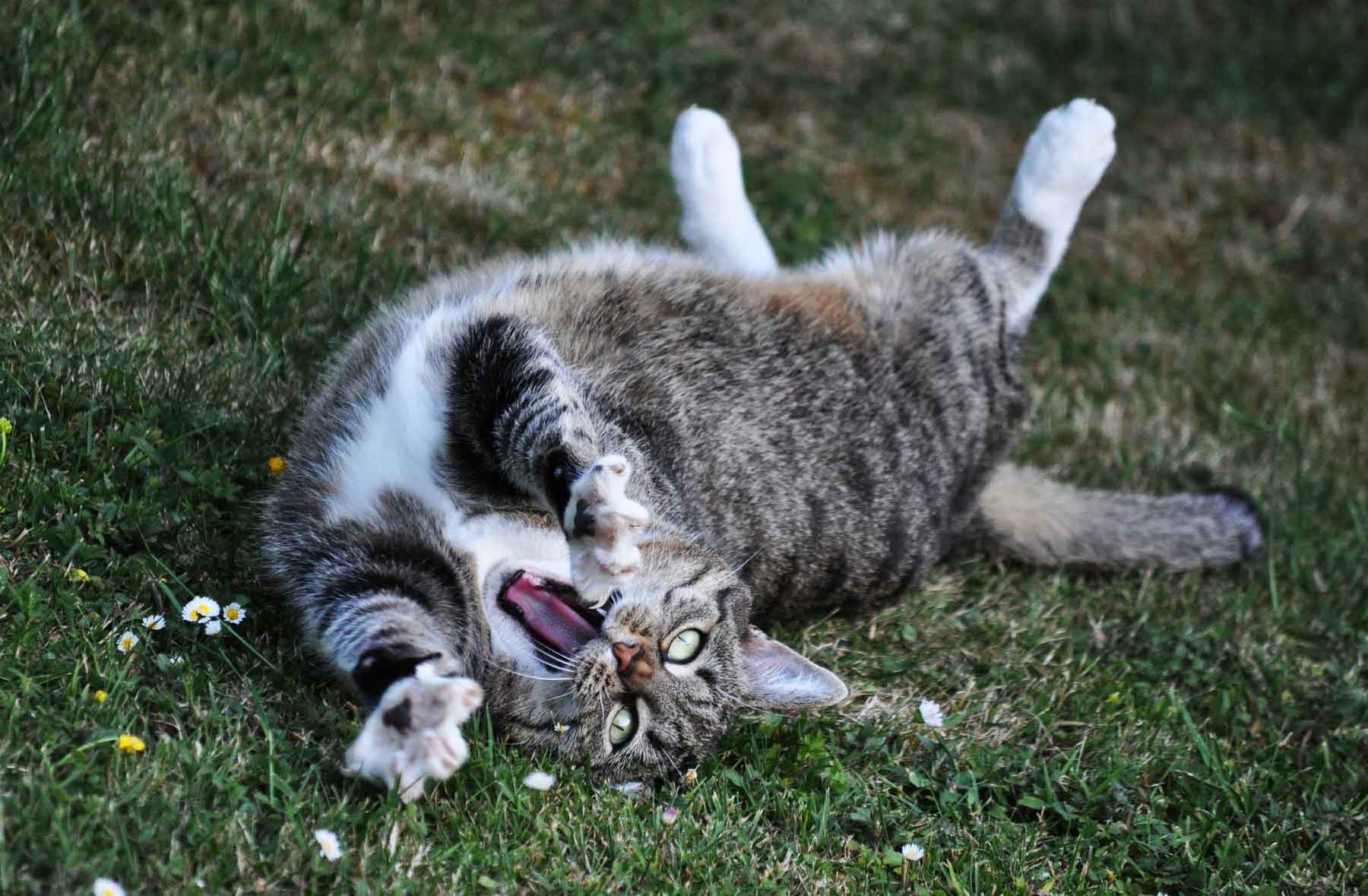
6) Why do some cats sleep so much?
Believe it or not, some cats sleep so much because they’re sick. Feline lower urinary tract disease (FLUTD) is a condition that affects male cats, especially older ones. It’s caused by crystals forming in their bladders and often results in UTIs, which cause cats to urinate frequently and excessively.
And if your cat goes several days without relieving himself, that can lead to bladder stones and even blockages—very dangerous for your furry friend. Once you identify a potential UTI, take your cat to see a vet immediately; treatment should eliminate these weird behaviors once and for all!
7) Why are my cat’s eyes permanently closed when he sleeps?
Have you ever wondered why your cat’s eyes are permanently closed when he sleeps? It turns out there are a few different reasons for it. Some people wonder if it is because of some vision problem or if it is a way to hide while they sleep, but they do close their eyes because they do not have any eyelashes.
They have a transparent third eyelid that covers their eyes while sleeping so that nothing can get in their eyes. They also close their eyes so that air will not dry out their eyeballs and lead to problems with them later on. That is why you should also try to give your cats enough water so that it does not get dehydrated and help prevent other issues from occurring.
8) How does a cat purr at such high frequency?
Cats purr at very high frequencies. A typical adult cat’s purr has a dominant frequency of 50 Hz, which falls within an ultrasonic range beyond human hearing (20 Hz–20 kHz). Purring may have developed from kitten vocalizations modified through positive reinforcement and evolution.
Purring also likely serves as a form of nonverbal communication between cats. Cats commonly purr when they are near their kittens. However, some cats only purr alone or around humans they know.
9) Do all cats meow like humans?
While cats use many different meows to communicate with their human companions, it’s unlikely that your cat speaks English.
To figure out what she’s trying to tell you, consider a few possible explanations for her behavior: She could be asking for food, she might be hoping for some extra attention, or she could want to play.
If your cat is exhibiting weird behaviors but not meowing, try watching her body language and paying attention to what else is going on in your household at that time; often, animals act out when they feel neglected.
10) What other behaviors should I know about to understand my cat better?
My cat has been acting weird lately. For instance, he keeps knocking over things and even eating plastic.
I wonder if it’s time to take him to a vet or other reasons behind his behavior.
I wanted to read up on what those behaviors could mean to help my cat in the future better (and understand him better). That’s why I decided to check out some of these articles on weird cat behaviors!
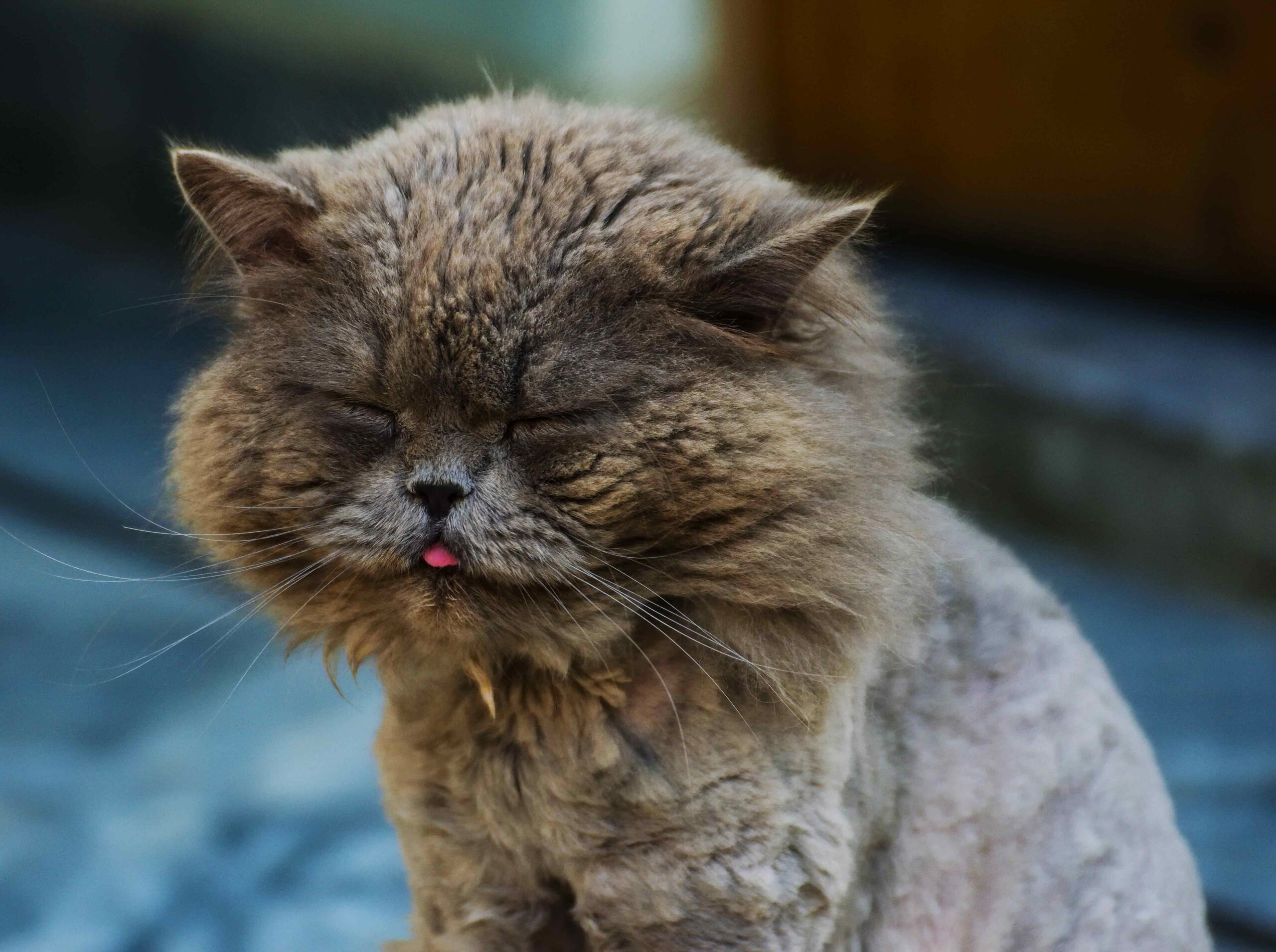
Why is my cat acting weird?
You have been living with your cat for some time now, and suddenly you notice that it’s acting weird. You wonder if something’s wrong with it, but you’re not sure what to do or who to ask about it.
This article will help you figure out why your cat might be acting this way, along with tips on how to deal with the situation at hand and how to prevent it from happening again in the future.
Strange cat behavior in the wild
cats hunt for food, but why do domesticated cats stalk around your apartment?
Could it be that they’re just trying to figure out what’s going on in their lives? They are used to eating a certain way, and when you change something about their routine, it can make them very anxious. This is especially true if you recently changed brands of cat food.
Cats can be picky about what they eat (almost as much as children), so new foods might make them act strange. Take a look at how your kitty behaves and adjust accordingly.
Maybe you should try buying another brand! In any case, most of their behavior will go back to normal if you give it time.
Strange cat behavior at home
What’s normal and what isn’t: When you see your cat displaying behavior that seems strange, it can be easy to panic. However, indoor cats’ common behaviors could be considered unusual but are perfectly normal for their species. For example, most cats tend to hide when they go to the bathroom.
That’s especially true if their litter box isn’t kept in a private area, such as a laundry room or bathroom. When you notice your cat behaving unusually—litter box issues aside—the first thing you should do is try to stay calm and think things through before reacting or intervening.
Asking yourself why your cat would be doing such an activity will help you figure out what might be causing her stress and lead you to handle it appropriately.
Strange cat behavior after moving.
Moving can be stressful for everyone in your household. For some people, their cats take longer to adjust than others do. New environments and new smells will cause your cat to behave in ways that might seem strange or unusual.
After moving to a new house, keep an eye on your cat’s behavior and determine how they adjust. If they continue to act strangely after a week or two of their new home, you should contact your veterinarian. Here are some things that could be happening with your cat after moving
Strange Cat Behavior
What to Look For and What It Means: Cats are notorious for hiding illness. One of their many survival techniques involves appearing healthy even when not.
Therefore, it’s sometimes hard to tell if your cat’s behavior has changed because they are sick, stressed, or something else entirely. Here are a few changes you might notice in your cat and what they could mean
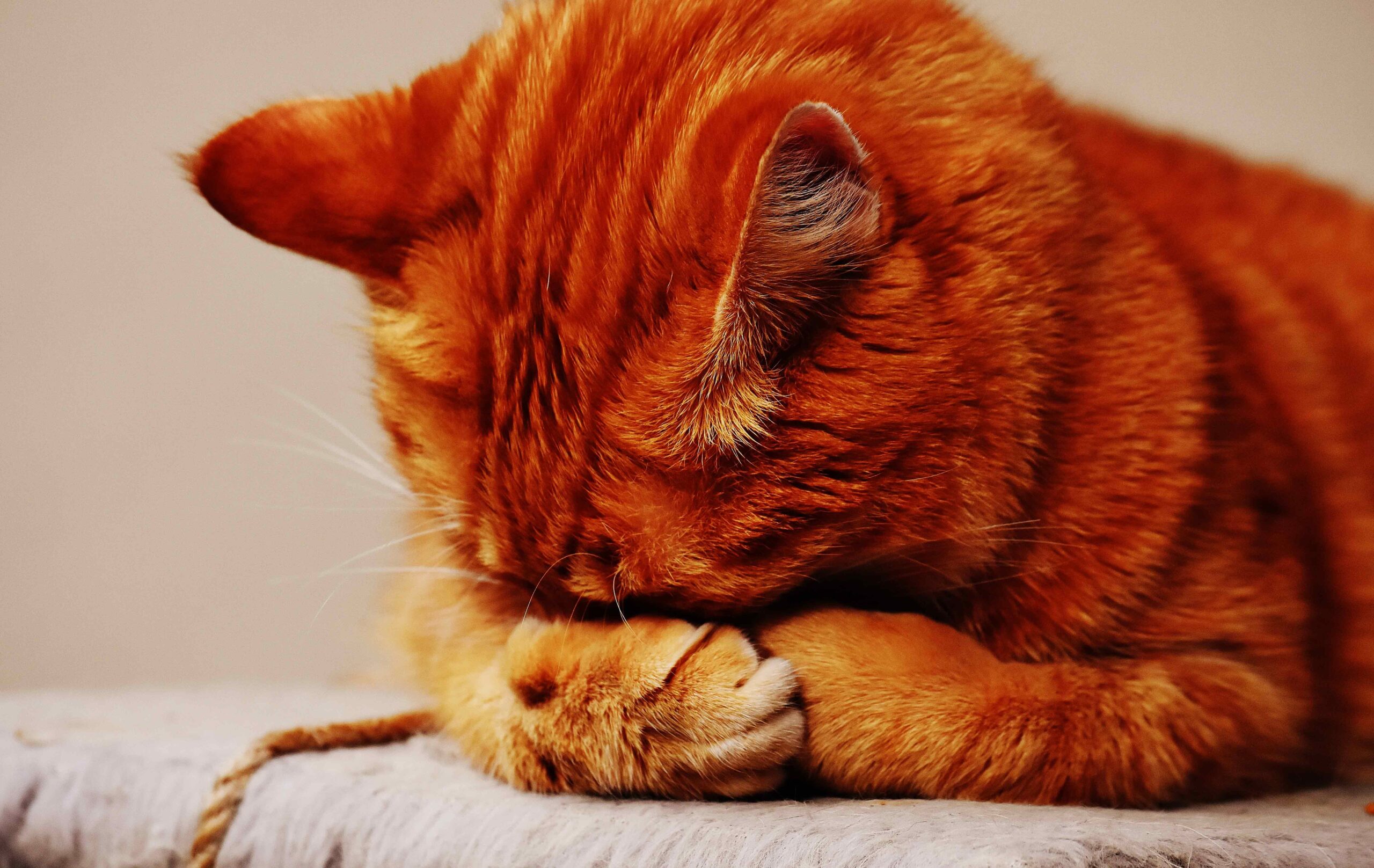
What to do when your cat is acting weird
Has your cat started acting weird? Even if you’re an experienced cat owner, it can be tough to know what to do when your cat starts acting in unusual ways.
However, you can do simple things to identify the problem quickly and effectively find the solution. First, look at our list of some common reasons why cats act weird, then see what steps you can take from there!
Could you keep track of their food?
If you’re worried that something might be wrong with your cat, one of the first things you should probably do is keep track of their food intake. When you notice changes in their eating habits, please note how much they’re eating and how frequently they’re eating it.
If there’s a sudden decrease in appetite, it might be because they’re not feeling well, and if they’re suddenly hungry all of the time but refuse food, there may be a health problem brewing. Since cats don’t talk, try taking them to see a vet as soon as possible if you notice some strange behavior—it’s always better to get them checked out early!
Do they have an allergy?
One of the most common causes of feline behavioral changes is allergies. And while it may seem counterintuitive, cats who have a lot of hair or fur aren’t necessarily any more likely to have them than short-haired cats. The most significant indicator is usually if you see a noticeable change in grooming habits—if they start licking themselves excessively or stop grooming altogether, that could be a sign that something has changed for them and caused an allergic reaction. If you notice behavioral changes like these (or just one significant change), it might be time to talk with your vet about possible allergy issues—and how best to deal with them.
Is there something wrong with their litter box?
If you’ve noticed an unpleasant smell or strange coloration, there’s a good chance that your cat’s litter box needs some attention. Cats aren’t elegant creatures, so it’s up to us to keep things tidy as pet owners. Most of us will happily clean out our kitty’s food and water dishes, but most people don’t give their cat box as much attention. But if you’re noticing odors or changes in color or texture, it’s time for a change.
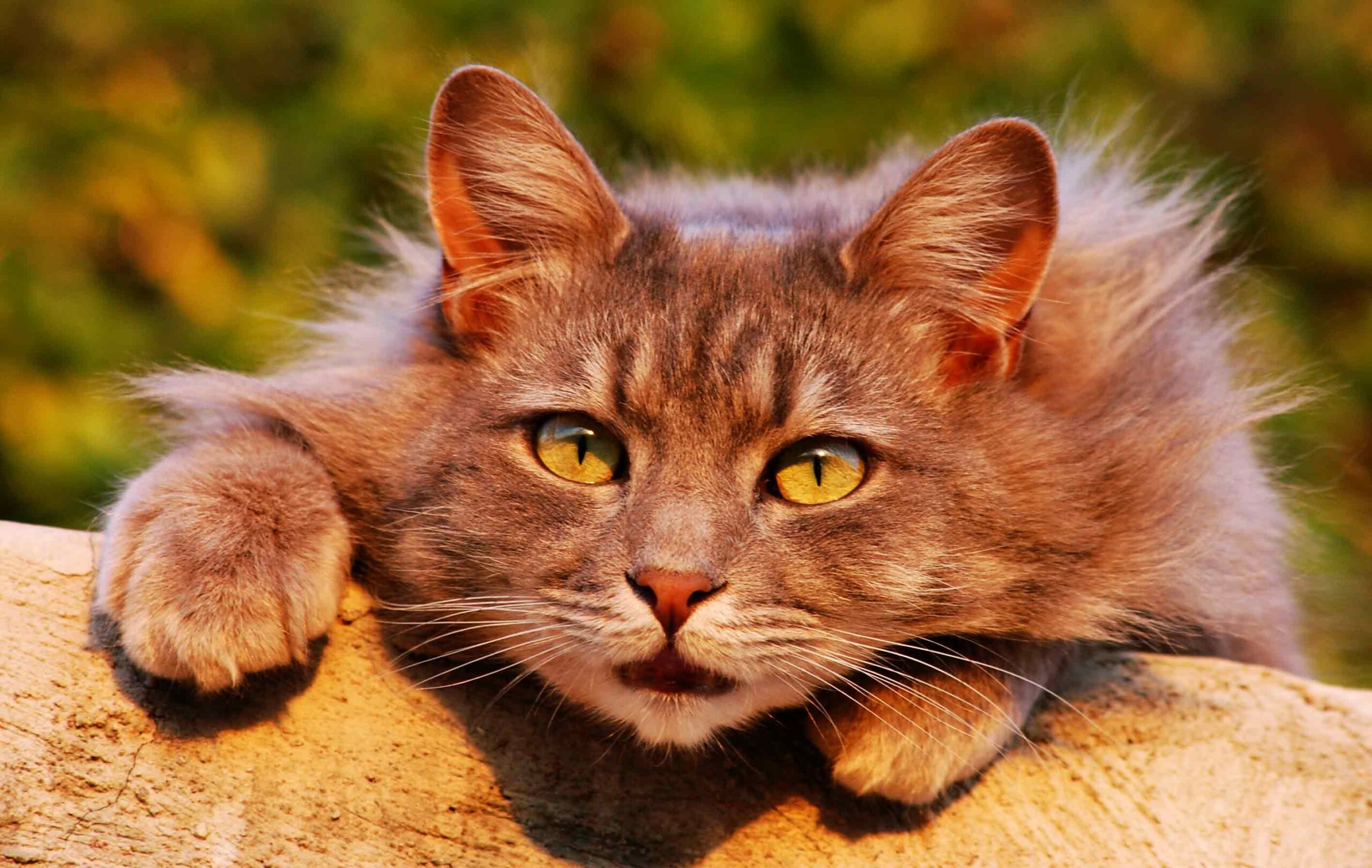
Why won’t they stop scratching?
If your cat doesn’t stop scratching after they’ve been declawed, you must know what might be causing it. A few things can cause cats to scratch even after being declawed. Paying attention and taking care of any issues will help ensure that your cat doesn’t develop behaviors that may cause damage later on down the road. Keeping an eye out for these common issues will help you address them before it’s too late!
Is it stress?
One of the first things to consider if you notice that your cat is acting out of character is whether or not he may be experiencing stress. Cats, just like humans, can get stressed from their everyday lives. Whether it’s moving into a new home, having a pet sitter come over, or visiting a new vet—these are just some everyday stressors that cats encounter regularly. When one comes up in your cat’s life and doesn’t have an outlet for releasing those stressful feelings, it can lead them to lash out at their owners and others in their environment.
Visit the vet.
Your cat may be acting weird if he seems lazy, isn’t eating or drinking regularly, or won’t move around his environment. If you notice any of these symptoms, don’t hesitate to bring him in for a checkup at your local veterinarian office; they can let you know what could happen and whether he needs an antibiotic. When it comes to cats, it pays off to act fast; many feline health problems can become more severe with time, so getting a definitive diagnosis as soon as possible will pay off down the road.
Conclusion:
It understands what your pet needs can make all the difference in keeping them happy.
The purpose of this article is to provide tips and insight on how to keep your pets happy and healthy.
First, we should understand what they need. They need love and attention, a safe environment where they can spend time exploring and playing, the opportunity to be the boss of their own space, as well as plenty of food and water. We can’t forget that they also need health care such as vaccinations, dental care, grooming, and preventative medicine.
Pets are an essential part of our lives that we should never ignore or underestimate. Giving these animals a happy life is worth striving for since the benefits are endless: a healthier lifestyle for us all, a less stressful home environment that might contribute positively to our mental health, and lower stress levels for our pets.
One of the most common cat behaviors is that cats love to scratch things. Think about all of the furniture in your house that has been scratched. Cats are the only animals that scratch with their claws instead of their nails, so they use their back feet to scratch.
Cats also have a strong sense of smell, so that they will explore every interesting smell they come across. They often do this by licking or rubbing their heads against items until they get bored and move on to something else.
One last thing worth mentioning is how cats are very territorial creatures, so it’s not uncommon for them to hiss at other animals that come into their territory or even at humans if they feel threatened or attacked.

